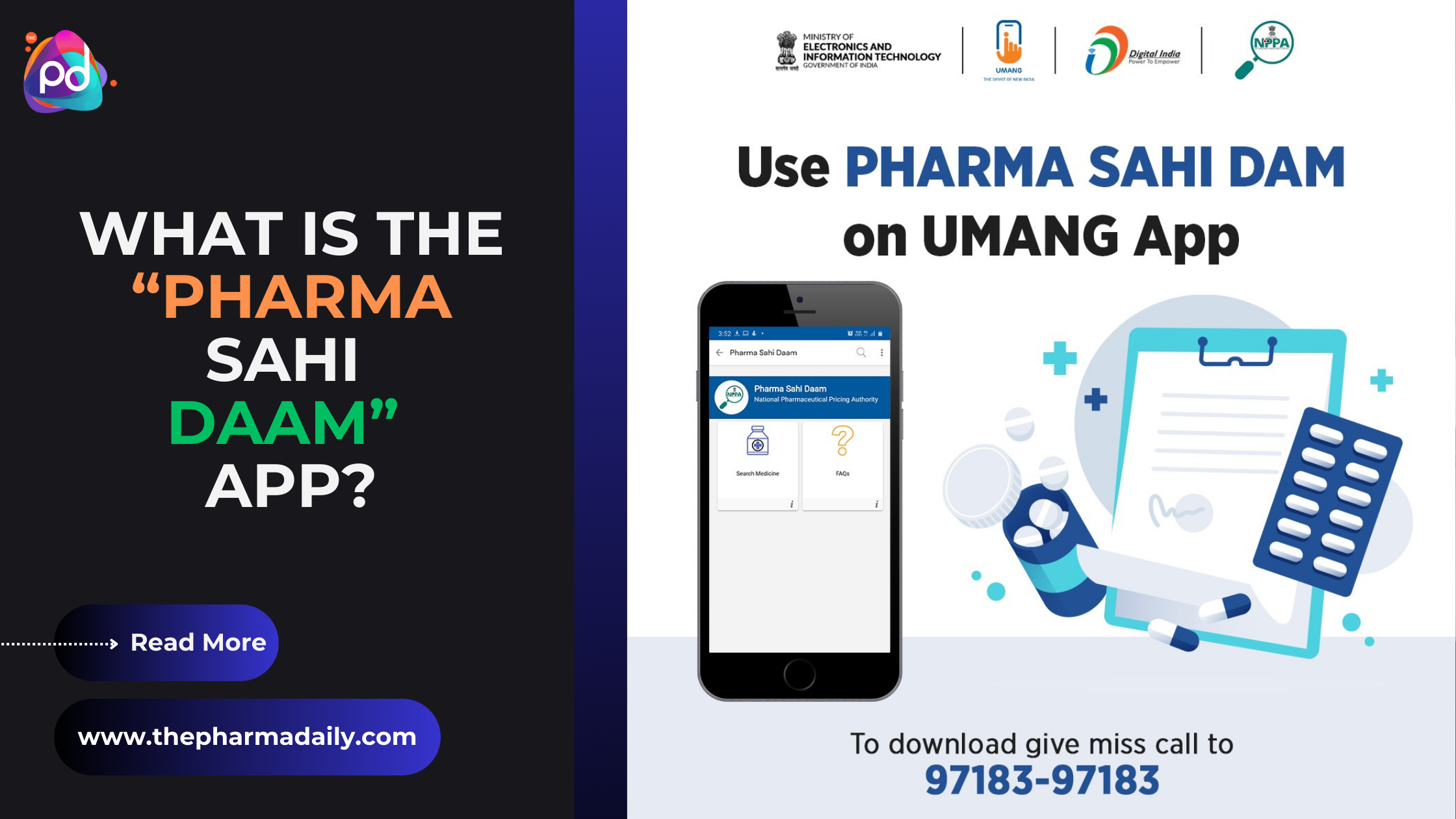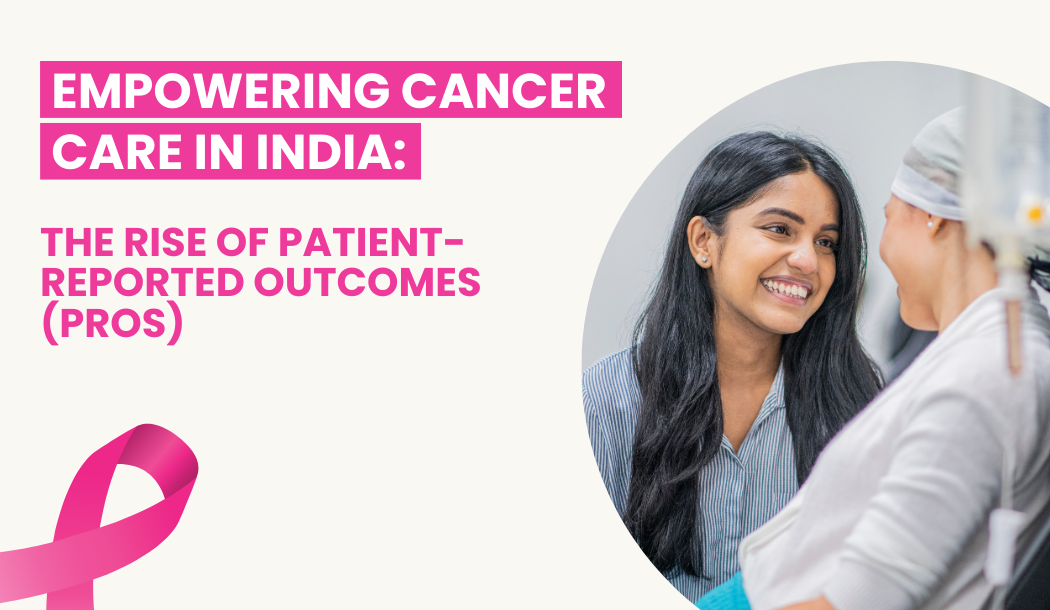Pharma Sahi Daam App: Revolutionizing Medicine Price Transparency in India
Ace Your CorroHealth Medical Coding Interview: Essential Questions & Answers for Freshers 🚀
Introduction:
Embarking on your journey in the medical coding field with CorroHealth? As a fresher, navigating through the interview process can be both exciting and daunting. To help you prepare and boost your confidence, we've curated a list of essential medical coding interview questions and answers specifically tailored for freshers. Let's dive in and ensure you're ready to make a great impression! 🌟
1. What is medical coding and why is it important in healthcare? 🏥
Answer: Medical coding is converting healthcare diagnoses, procedures, medical services, and equipment into universal medical alphanumeric codes. The codes are derived from medical records such as transcription of physician's notes, laboratory and radiologic results, etc. It's crucial because it ensures a seamless billing process, accurate payment for healthcare providers, and the creation of a standardized language for medical conditions and treatments across the healthcare system.
2. Can you explain the difference between ICD-10 and CPT codes? 🔍
Answer: ICD-10 codes (International Classification of Diseases, Tenth Revision) are used globally to classify diagnoses and health conditions. They enable healthcare providers to represent patients' conditions accurately. On the other hand, CPT codes (Current Procedural Terminology) are used primarily in the United States to describe medical, surgical, and diagnostic services and procedures. They are crucial for billing purposes to insurance companies.
3. How do you stay updated with the changes in medical coding standards and regulations? 📚
Answer: I regularly follow reputable sources in the healthcare industry, such as the AAPC (American Academy of Professional Coders) and AHIMA (American Health Information Management Association), for updates and changes. Participating in webinars, attending workshops, and enrolling in relevant courses also help me stay informed about the latest in medical coding standards and regulations.
4. What are some common medical coding systems besides ICD-10 and CPT? 🧐
Answer: Besides ICD-10 and CPT, other common coding systems include HCPCS (Healthcare Common Procedure Coding System), which is used alongside CPT codes for billing Medicare and Medicaid patients, and the DSM-5 (Diagnostic and Statistical Manual of Mental Disorders, Fifth Edition) used primarily in mental health settings.
5. How do you ensure accuracy in your coding? ✅
Answer: Ensuring accuracy in coding involves thoroughly reviewing the patient's medical records, understanding the context and details of the procedures performed, and constantly referring to the latest coding manuals and guidelines. Double-checking codes and staying updated with coding conventions and guidelines are essential.
6. Describe a challenging coding situation and how you resolved it. 🚩
Answer: As a fresher, while I may not have direct experience, I understand that a common challenge in medical coding can be dealing with ambiguous or incomplete medical records. In such situations, it's important to consult with the healthcare provider for clarification and avoid making assumptions, ensuring that the coding reflects the most accurate and specific information possible.
7. What role do ethics play in medical coding, and how would you handle a situation where you're asked to code something inaccurately? 🛡️
Answer: Ethics play a critical role in medical coding, as accuracy and integrity directly impact patient care and billing. If faced with a request to code inaccurately, I would respectfully decline and explain the importance of ethical standards in coding, suggesting a review of the guidelines together to find the correct coding approach.
8. How would you handle tight deadlines or high volumes of coding tasks? ⏳
Answer: Effective time management and prioritization are key. I would organize my tasks based on urgency and complexity, allocate specific times for focused coding work, and take short breaks to maintain efficiency. Utilizing coding software and tools to automate and streamline processes can also help manage high volumes of tasks within tight deadlines.
9. What do you think are the biggest challenges facing medical coding today? 🌐
Answer: Keeping up with frequent updates to coding standards and regulations, adapting to new technologies and software, and ensuring data security in the digital age are significant challenges. Additionally, the shift towards value-based care and the need for more detailed documentation and coding accuracy are also pressing issues.
10. Why do you want to work as a medical coder with CorroHealth? 💼
Answer: I am passionate about contributing to the healthcare industry's efficiency and accuracy, and I believe CorroHealth's commitment to innovation and excellence in medical coding aligns with my professional values and goals. Working with CorroHealth would provide a great platform to apply my skills, learn, and grow in this dynamic field.
Conclusion:
Preparing for your CorroHealth medical coding interview as a fresher might seem overwhelming, but with the right preparation and understanding of these key questions and answers, you're well on your way to success. Remember, your enthusiasm, willingness to learn, and commitment to accuracy and ethics in coding are just as important as your technical knowledge. Good luck, and here's to starting an exciting journey in the world of medical coding with CorroHealth! 🌈












